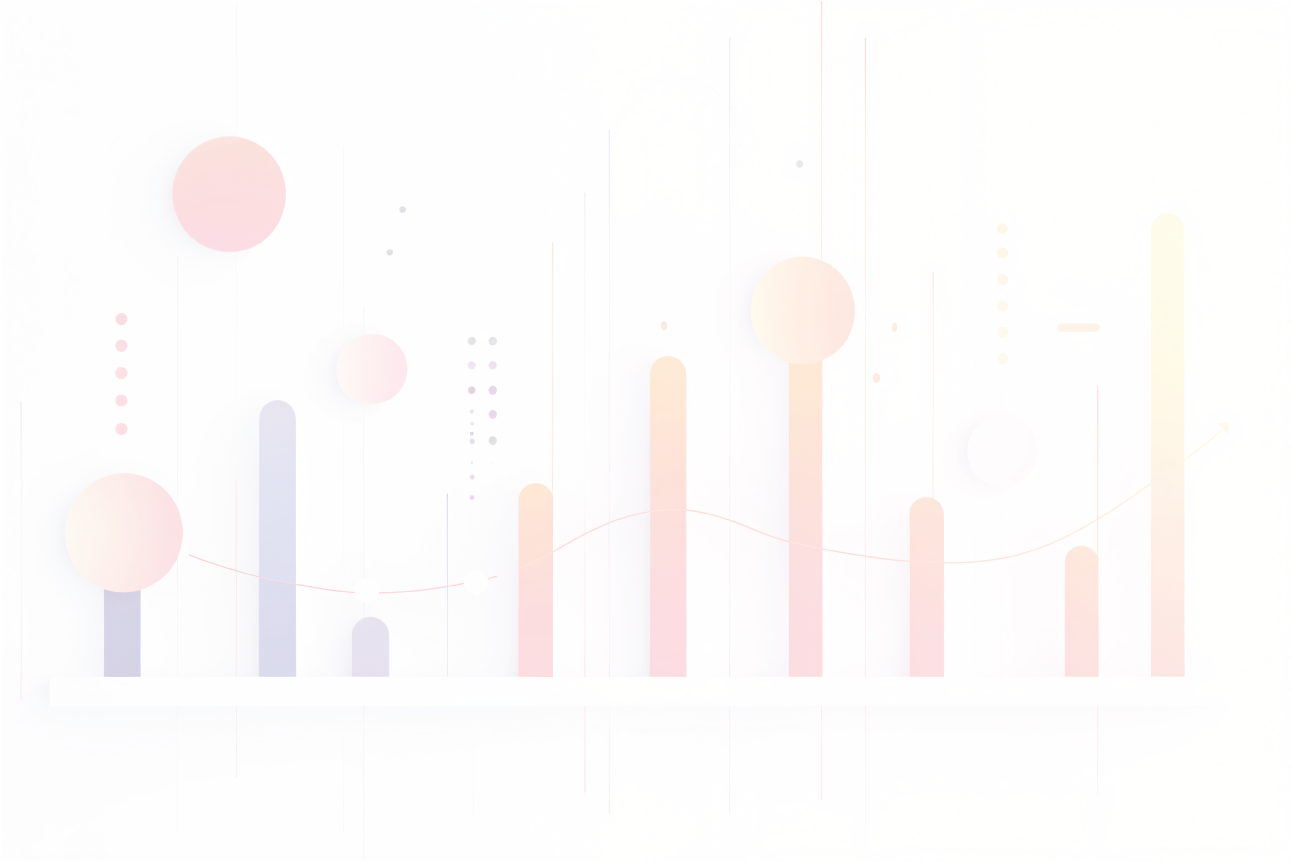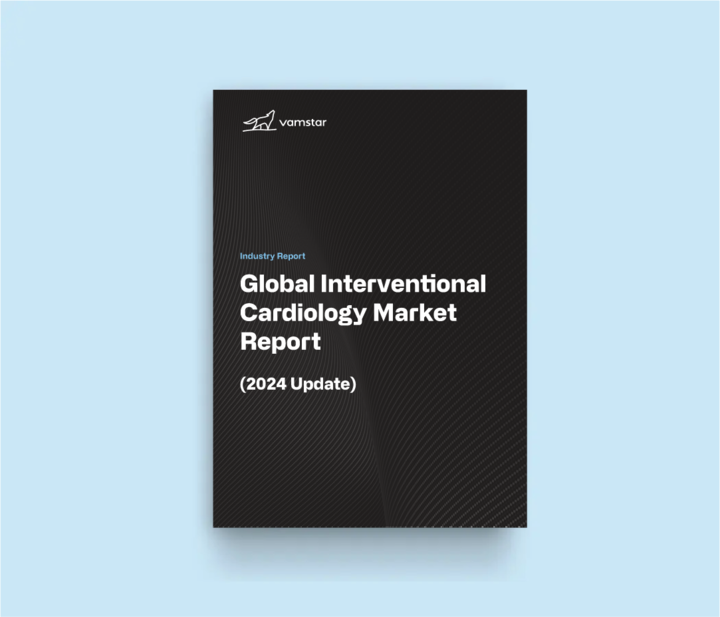Tag: MedTech
14 minutes read
Bridging the IT Gap in Pharma, MedTech, and Biotech Commercialisation

Introduction
While much of the conversation around technology in Lifesciences, Pharma, MedTech, and Biotech revolves around drug trials, regulatory compliance, and drug repurposing, there is a significant gap in discussions about the role of IT in commercialisation, go-to-market strategies, and market access.
These challenges are particularly pressing because commercial success depends on seamless integration between sales execution, regulatory compliance, and market strategy that often remain disconnected in traditional IT frameworks. Companies like Vamstar can play a pivotal role in addressing these hurdles, enabling streamlined commercialisation and optimised market entry.
Access this article
Please enter your details to continue reading.
Subscribe to continue reading.
5 minutes read
MedTech market dynamics & how AI can help

The MedTech industry is rapidly evolving, driven by the dynamic interplay of market forces, regulatory changes, and technological advancements. Among these, Artificial Intelligence (AI) is emerging as a crucial enabler, particularly in the areas of tendering and Request for Proposal (RFP) management, where it is significantly enhancing efficiency and strategic decision-making.
The Current Dynamics of the MedTech Market
MedTech companies are navigating an increasingly complex market landscape where innovation, regulatory compliance, and operational efficiency are more critical than ever. The traditional methods of managing tenders and RFPs—vital components of the procurement process—are proving inadequate in a market characterised by fast-paced innovation and heightened competition. With an overwhelming amount of data to process and analyse, MedTech companies are under pressure to adopt more sophisticated tools to remain competitive1.
Register to continue reading.
5 minutes read
Vamstar Unveils TenderGPT

First-of-Its-Kind AI-Powered Tender and RFP Management Platform
London, 06.07.2024 – Vamstar is excited to announce the launch of TenderGPT, an innovative AI-powered platform set to transform how pharmaceutical, medtech, healthcare, and lifescience businesses handle tender and RFP processes. Scheduled for release this weekend, TenderGPT promises to streamline workflows, automate responses, and provide comprehensive data orchestration to support teams in making informed decisions.
About TenderGPT
TenderGPT is the first-of-its-kind AI platform specifically designed to make tender and RFP management more efficient and accurate.
The platform provides comprehensive insights for better decision-making and helps teams streamline their workflows. With TenderGPT, all necessary data is meticulously organized and easily accessible, ensuring that teams are always prepared to respond swiftly and effectively to tender opportunities.
Key features include:
- Global Tender & RFP Tracking:
Users can track tenders and RFPs in over 100 countries, ensuring they never miss an opportunity. Using a chat-like interface to quickly locate tenders and set alerts so you never miss one.
- Comprehensive Data Integration:
Integrate historical internal data on notices, awards, and responses with current external data, ensuring swift and efficient responses while maintaining complete privacy. This seamless integration protects all sensitive information, enhancing data accessibility and usability.
- Tender War Gaming and Analysis:
Advanced analytical tools help simulate and strategize tender responses, enhancing the chances of success.
- Tender Document AI:
This feature automatically fills out tender questions, saving valuable time and ensuring accuracy.
Key Benefits of TenderGPT:
- Efficiency: Automates tedious tasks, allowing teams to focus on strategy and decision-making.
- Accuracy: Ensures all data is meticulously organised and accessible across accounts.
- Global Reach: Tracks tenders and RFPs from a vast array of sources worldwide.
- Enhanced Decision-Making: Provides comprehensive insights and analysis to support strategic planning.
- Complete Privacy: Protects all sensitive information while enhancing data accessibility and usability.
This innovation marks a significant step forward in making tender management processes more efficient and accurate, ultimately enhancing strategic decision-making and overall workflow efficiency.
Join Us for the Future of Tender Management.
For media inquiries, please contact:
Tim Farnham
Director of Marketing
Vamstar
timothy.farnham”AT”vamstar.io
LinkedIn
Access Brand Kit
Other Materials
Book a 30 minutes meeting with us
Welcome to our scheduling page! Please choose an available date below to get started.
30 minutes meeting
We’ll email you the meeting link
4 minutes read
Revolutionising Tender and RFP Management with AI

A Game-Changer for Enterprises
In today’s competitive business landscape, effective tender and RFP (Request for Proposal) management is crucial for large enterprises, particularly in highly regulated industries like healthcare, medical devices, and pharmaceuticals. Yet, many organisations grapple with the increasing complexity and volume of tenders and RFPs, leading to missed opportunities, inefficiencies, and suboptimal outcomes.
Navigating these complexities is vital for large enterprises, especially within the healthcare, medtech, and pharmaceutical sectors. This article explores the challenges these industries face and how AI (Artificial Intelligence) can revolutionise the process, significantly enhancing efficiency and success rates.
Key Insights
Revenue impact is substantial, with large medtech and pharma companies allocating 3-5% of their revenue annually to tender and RFP activities. Sales teams often spend up to 50% of their time on administrative tasks rather than strategic selling. Manual processes contribute to missed opportunities, pricing errors, and a lack of market intelligence. By contrast, AI can dramatically improve these outcomes by reducing tender and RFP cycle times by 60-70%, increasing win rates by 15-20%, and delivering an ROI of 10-15x within 12-18 months.
This strategic framework aims to guide enterprises in harnessing AI to streamline the entire tender and RFP lifecycle, from opportunity identification to contract management, ensuring substantial growth and cost savings.
Transformative Benefits of AI in Tender and RFP Management
AI-powered systems bring enhanced market visibility, automatically tracking thousands of global tender sources to ensure no opportunities are missed. By automating tedious tasks, AI frees up sales teams to focus on high-value activities. AI-powered analytics enable more accurate win probability predictions and optimised pricing strategies, leading to data-driven decision making. Intelligent authoring tools and content reuse capabilities accelerate proposal development, while automated checks and proactive alerts help manage compliance risks.
Leveraging historical data and market intelligence, AI crafts more competitive and tailored responses, leading to increased win rates. Continuous improvement is driven by machine learning algorithms that capture insights from each tender, enhancing ongoing performance.
Register to continue reading.
7 minutes read
Navigating the AI Disruption in Healthcare & Life Sciences: A Survival Guide

The AI revolution is poised to transform the pharmaceutical, medtech, life sciences, and healthcare industries by enhancing operational efficiencies, driving innovation, and accelerating time to market.
However, without proper strategies to ground data in these specific contexts, the potential benefits could lead to significant financial losses and cost overruns. Find out why below.
Importance of Industry-Specific Grounding
Importance of Industry-Specific Grounding
1. Relevance and Accuracy of Data
AI systems in healthcare rely heavily on data to learn and make decisions. If the data is not grounded in the specific context of the industry, the AI models may produce irrelevant or inaccurate results.
For example, an AI system trained on generic medical data might not understand the nuances of patient records, leading to incorrect diagnoses or treatment recommendations.
This can result in costly errors and inefficiencies. Similarly, for sales and commercial data, the context of industry specific nomenclature, syntax, and relationships across datasets is not taken into account then the results will be very poor and execution extremely costly.
2. Operational Efficiency
AI aims to improve operational efficiency by automating processes and providing insights. However, without industry-specific grounding, AI systems may fail to understand the unique operational challenges and requirements of the healthcare sector.
For instance, an AI system designed for general supply chain management might not account for the stringent storage and handling requirements of pharmaceuticals, leading to disruptions and inefficiencies.
3. Compliance and Regulations
The healthcare industry is subject to various regulations and compliance requirements. AI systems that are not grounded in the specific regulatory environment of healthcare may inadvertently lead to non-compliance, resulting in legal penalties and financial losses.
For example, AI systems in healthcare must adhere to regulations like HIPAA for data privacy and FDA guidelines for medical devices.
4. Customisation and Scalability
AI solutions need to be customised to fit the specific needs of the healthcare industry. Without proper grounding, the customisation process becomes more complex and costly. Additionally, scaling AI solutions across different segments of the industry can be challenging if the initial grounding is not robust and industry-specific.
Register to continue reading.
























